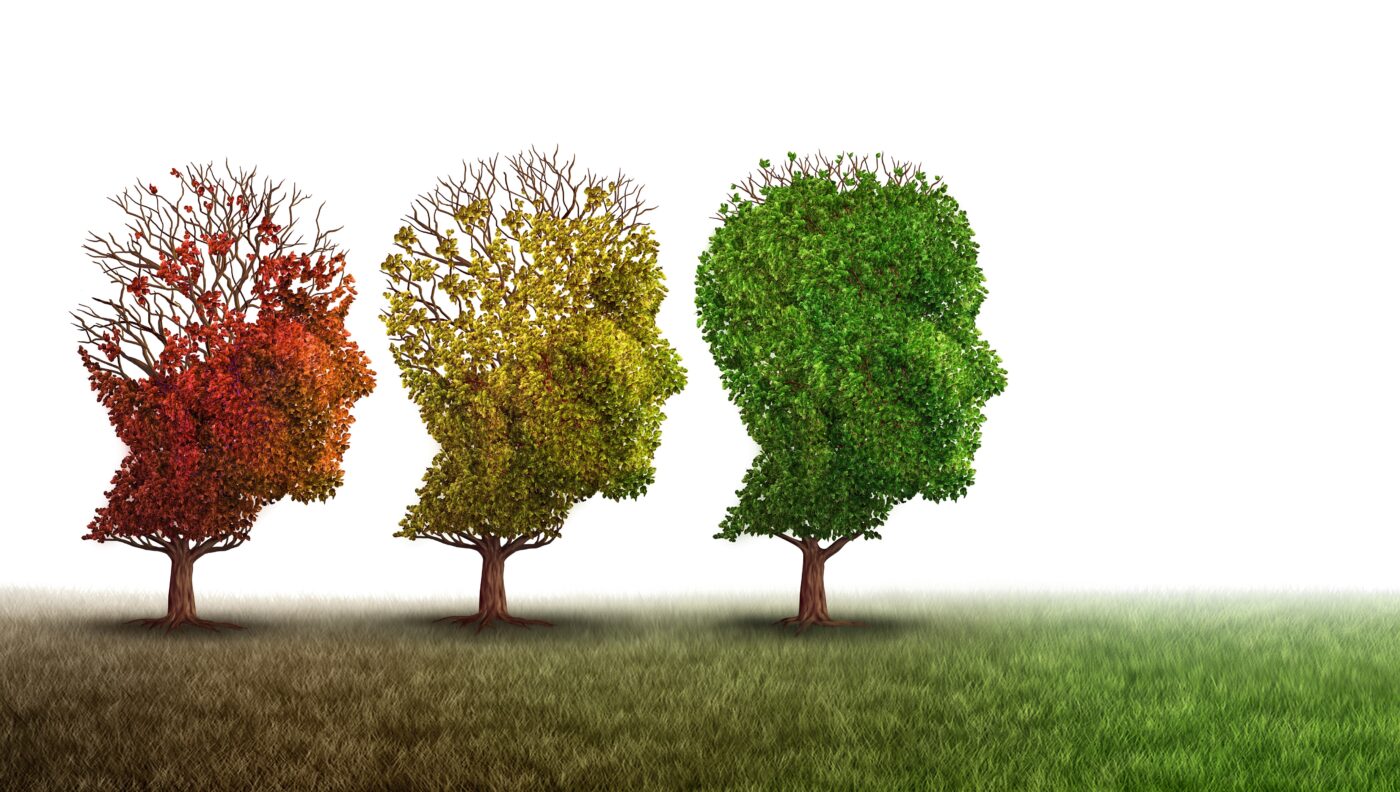Dr Emer MacSweeney was featured in an article on Byrdie about the effect that alcohol can have on the brain.
Whilst alcohol may help people feel more relaxed, improve confidence and even lower inhibitions, it can actually be counter-productive in the long run and can also be very dangerous. When drinking in excess, alcohol reduces the communication between the brain and the body, which is why movements, coordination and speech can be affected. It can also cause blackouts and memory loss as the brain is unable to store new memories and seriously affect balance.
Excessive long term alcohol consumption can be extremely detrimental to health and particularly the brain. Dr Emer MacSweeney explains, “Studies have indicated that people who regularly drink heavily or binge drink were more likely to develop dementia than those who drank within the recommended guidelines. Alcohol damages the brain, causes brain shrinkage and interferes with the way the vitamin Thiamine is absorbed into the body, which is essential for providing energy to the body (and the brain uses a lot of energy).
In addition, alcohol can cause weight gain from both the calories contained within the alcohol as well as the food which may be consumed to mop up the hangover the following day. Excess weight can be increase an individual’s risk of developing vascular dementia. It can also interfere with sleep patterns, cause dehydration, affect liver function and increase anxiety and paranoia the next day (hangover “hangxiety”).
Dr MacSweeney advises sticking to the recommended alcohol units to help protect the body and the brain, which is the key to who we are.
To read the full article:
 Visit our USA website
Visit our USA website





